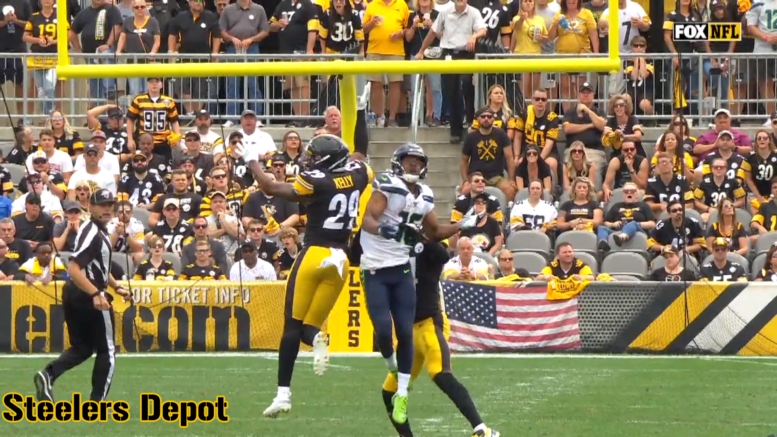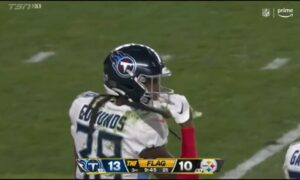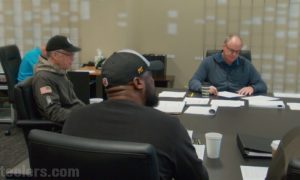The owners were reluctant to approve the pass interference replay rule last year. The Competition Committee was reluctant. It was the head coaches who ended up making the push to get it passed, in the end. None of them want to lose a game because of a bad call on a huge play, like the New Orleans Saints did in the NFC Championship game in 2018.
But the circumstances under which the one-year trial rule came to be have a lot to do with why it ultimately failed, and why, currently, the league is in no way looking into any alternatives to revisit it, and it is even serving as a cautionary tale about other potential changes.
Executive vice president of football operations Troy Vincent didn’t mince words when speaking to Peter King about what was wrong with the pass interference replay rule that became a frequent topic of conversation during the 2019 season, for all the wrong reasons.
“Those outcomes were not good for professional football. Because we didn’t do the proper due diligence, it played out publicly”, he said. “The last thing people should be talking about is the way the game is officiated. They [officials] should be faceless objects, managing and facilitating game flow”.
In truth, it was less the on-field officiating and more the replays themselves that were objected to. It is understood that some live pass interference calls might go the wrong way. But there were a number of instances in which everybody in the local bar would be able to agree that there clearly was or was not pass interference, and the replay system failed to reverse a clearly wrong ruling.
“I failed, as the leader of that department”, Vincent continued. “I failed. We cannot allow that to happen again. What did we learn from that? We’ve got to do our due diligence. You can’t rush and just shove something in there without knowing all the consequences. And we found that out last year, live and in action, publicly”.
“We failed, and we failed miserably”.
Honestly, one of the most perplexing things about the entire thing was the fact that the officials were so stringent with the standards of reversal for pass interference plays, yet they still managed to tack on a defensive pass interference penalty on Terrell Edmunds back in Week Two on a play in which it was far more questionable than many that were not reversed.
That play came in the middle of the fourth quarter of a 21-19 game on second and 20 from Seattle’s own 27-yard line, the Steelers trailing by two. The play not only negated a third-and-20 situation, but gave the Seahawks 38 yards to the Steelers’ 35, and they would score a touchdown three plays later to make it a two-possession game.








